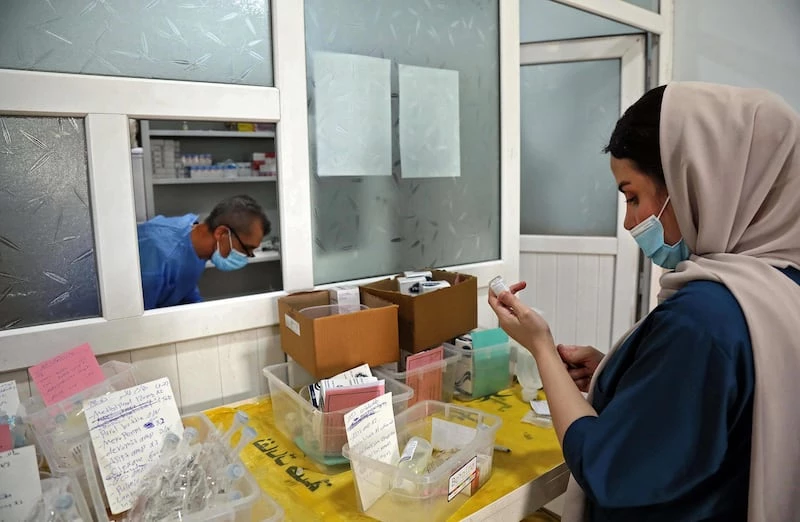Aram Saeed and his team have developed a groundbreaking resin for 3D printing intra-ocular lenses (IOLs), potentially transforming treatment for cataracts and refractive errors.
In an exclusive interview with The New Region, Saeed explains how this innovation promises unmatched customization and precision in eye care, heralding a new era of personalized patient treatment.
How 3D printing technology could transform vision correction
Cataracts, where the eye’s lens becomes clouded, and refractive errors, such as nearsightedness and farsightedness where light does not bend correctly, both drastically impair vision and quality of life. To combat these prevalent vision problems, a team of researchers has developed an innovative resin specifically designed for 3D printing intra-ocular lenses (IOLs). These artificial lenses are implanted to either replace the clouded lens caused by cataracts or to correct the eye's shape to improve vision.
“This new resin enables us to employ 3D printing technology to create lenses that are perfectly tailored to individual needs. Although still in the proof-of-concept stage, this technology could fundamentally change eye care by providing unmatched customization and precision in lens design,” Saeed, the lead researcher, explained. “Every eye is unique, and now our technology could meet this uniqueness with unprecedented precision.”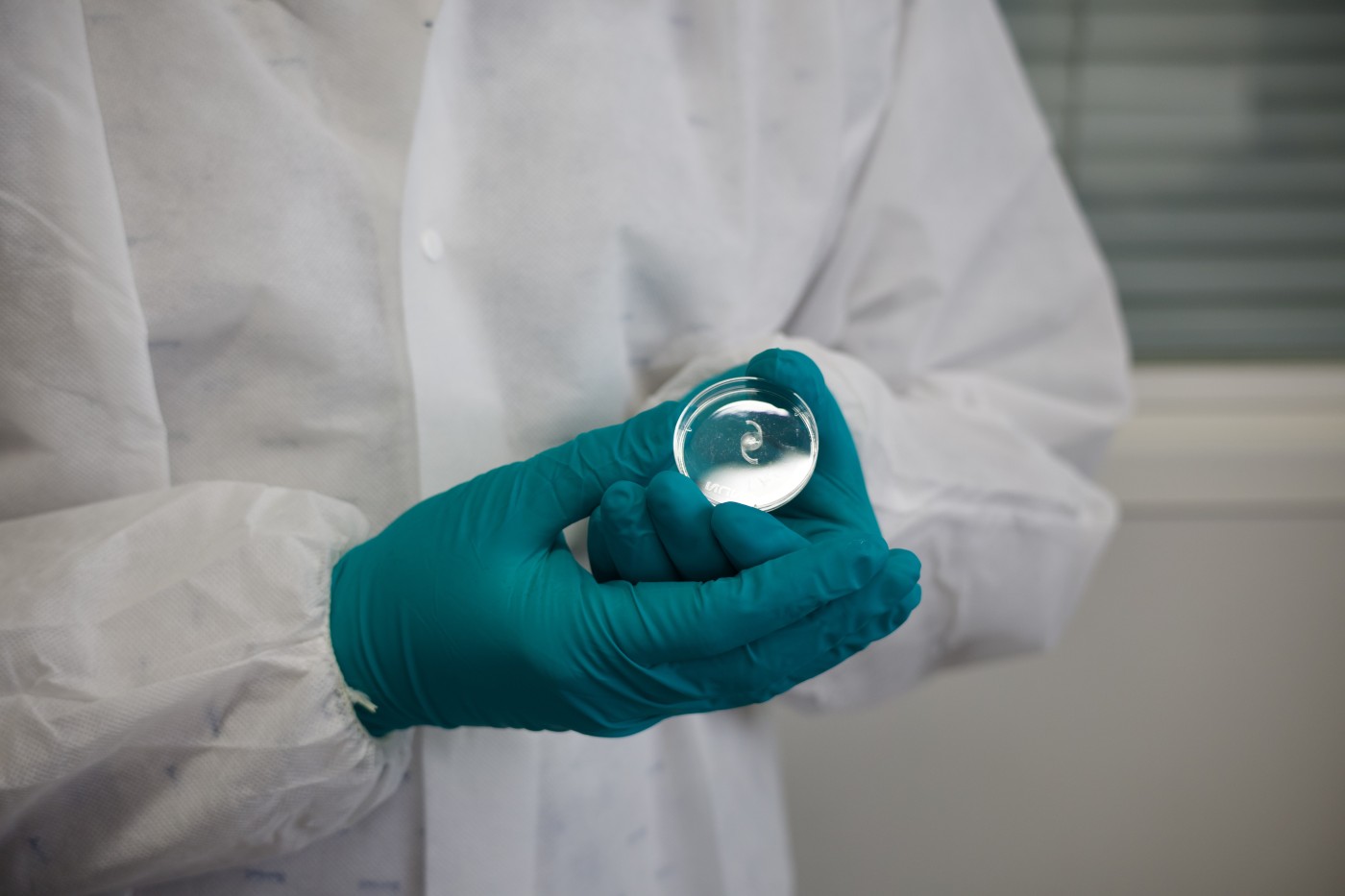
Traditionally, IOLs are made from materials like acrylic using lathing and molding—methods effective yet limiting in terms of design complexity and personalization. The 3D printing approach aims to overcome these constraints, offering tailored lenses, faster production, complex designs, cost efficiency, and material innovation.
“We are actively refining this technology, focusing on ensuring the process can operate at a larger scale and preparing for preclinical tests. Our goal is to ensure these 3D-printed lenses are safe, effective, and capable of significantly enhancing quality of life,” Saeed said.
This pioneering work, which has already been recognized with a US patent, illustrates that 3D printing in eye care isn't just a technological evolution; it's a vision revolution.
“Our approach promises to lead advancements in eye care by integrating cutting-edge material science with the latest healthcare technologies, setting a new standard in personalized patient care,” he added.
Journey rooted in innovation and dedication to healthcare
Born in Sulaimani province, Saeed spent his early years attending Harawez Primary School, Kaniaskan Secondary School, and Salahaddin School.
“Returning to these institutions recently served as a profound reminder of my roots and the vibrant educational community in Sulaimani,” he reflected.
Saeed's journey reflects the potential of local initiatives and global technological advancements.
“From the streets of Mamostayan to leading innovations in healthcare technology, my experiences highlight the importance of fostering innovation within the Kurdistan Region,” he said. “These initiatives are crucial as they not only drive local progress but also enhance connections with global advancements in technology.”
Saeed is the Director of Innovation and an Associate Professor in Healthcare Technologies at the University of East Anglia's School of Pharmacy. He holds a Ph.D. and is a Fellow of the Higher Education Academy (FHEA).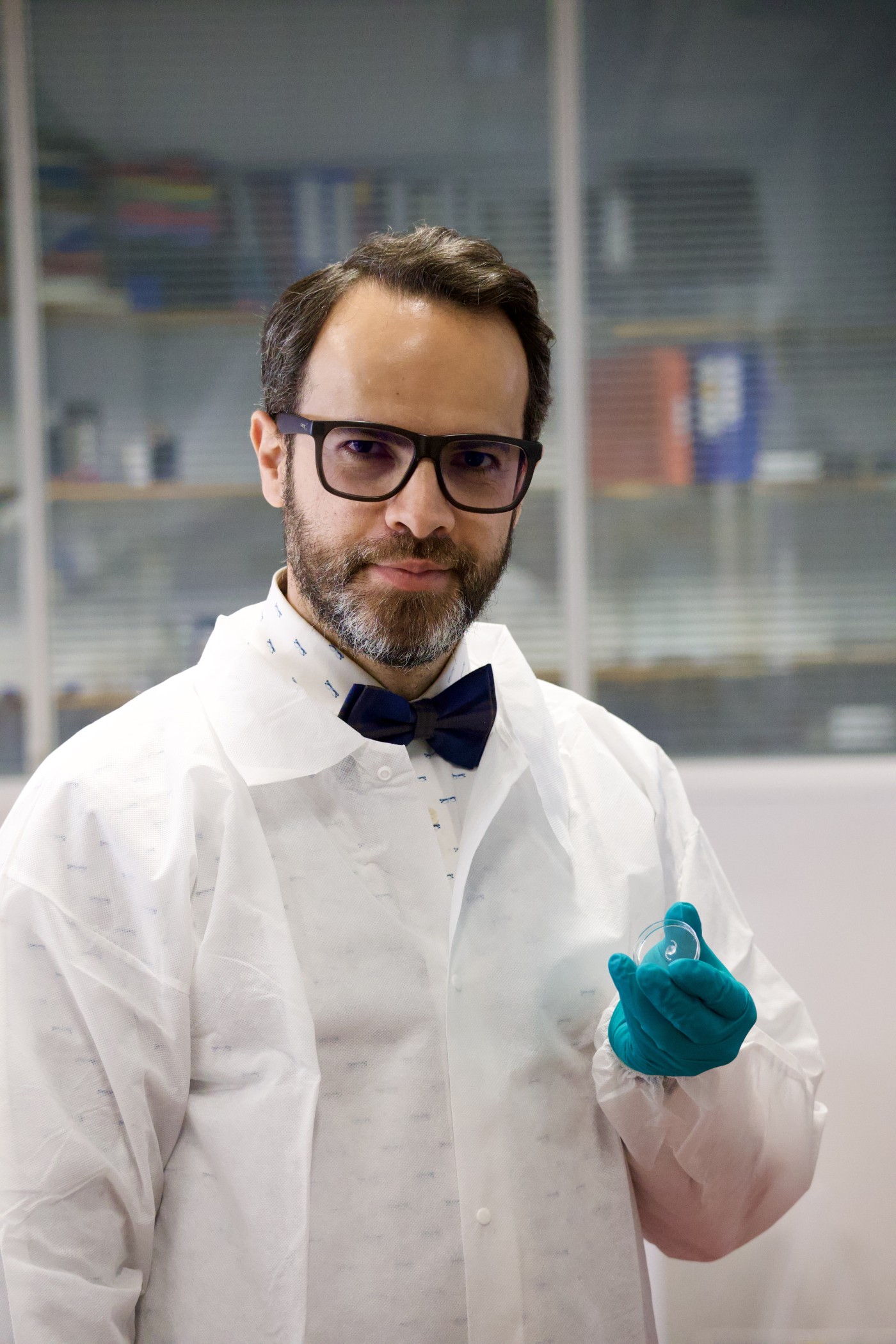
A serial inventor with multiple patents pending and granted in the US and EU, Saeed contributes to various expert panels, selecting and advancing high-quality research projects funded nationally and internationally.
“My research, widely published in peer-reviewed journals and presented at global conferences, has earned me accolades for innovation,” he noted.
One notable achievement is the development of a novel resin for 3D printing IOLs, pivotal in treating cataracts and other refractive errors.
“This innovation promises to enhance patient outcomes with unprecedented customization and precision while making high-quality medical devices more accessible, especially in regions with limited healthcare resources,” Saeed explained.
Saeed is also an alumnus of the Accelerate Cambridge program at the Judge Business School, Cambridge, which honed his entrepreneurial skills and fostered collaborations that translate academic research into practical healthcare solutions.
In the academic community, Saeed is known for fostering an environment that encourages innovation among postdoctoral researchers and Ph.D. students.
“My role in developing curricula and teaching strategies integrates the latest advancements in medical technology and pharmacy education, preparing students to meet the challenges of tomorrow's healthcare needs,” he said.
Impact on Kurdistan Region
The development of 3D printing technology for IOLs offers promising prospects for transforming eye care, enhancing patient outcomes globally and specifically within the Kurdistan Region.
Discussions with top cataract surgeons in Sulaimani, Erbil, and Duhok reveal substantial demand for premium lenses.
“Patients are actively seeking high-quality solutions that not only correct their vision but also significantly improve their overall quality of life,” Saeed observed.
This technology has the potential to drastically enhance the precision and customization of IOLs, allowing each lens to be specifically tailored to an individual's unique ocular specifications.
Currently in its developmental stages, the innovative approach uses a novel resin that promises to make the production of these advanced, high-quality lenses both quicker and more affordable.
“This has global implications that could redefine standards in eye care everywhere,” he said.
Looking ahead, making these advanced treatments widely available requires a focus on training and education.
“Encouragingly, public facilities and eye surgery centers across Sulaimani, Erbil, and Duhok exemplify a commitment to high-quality care,” he noted. “These centers facilitate the adoption of cutting-edge technologies and ensure local healthcare professionals are well-equipped to deliver the highest standards of patient care.”
By enhancing the accessibility of premium, customized lenses and leveraging advancements in healthcare infrastructure, the stage is set to elevate eye care both in the Kurdistan Region and globally.
“The goal is to ensure all patients, regardless of their location, can access the best treatments and enjoy a significantly improved quality of life,” Saeed said. “I am ready to collaborate with institutions in both the public and private sectors, as well as innovation hubs, to bring these advancements to the Region through education, training, and the application of cutting-edge technologies.”

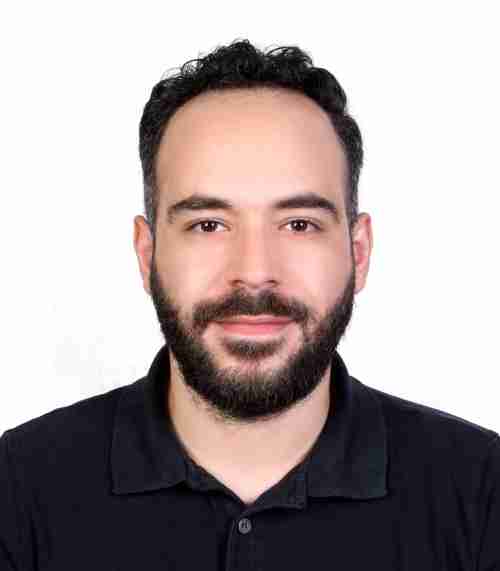
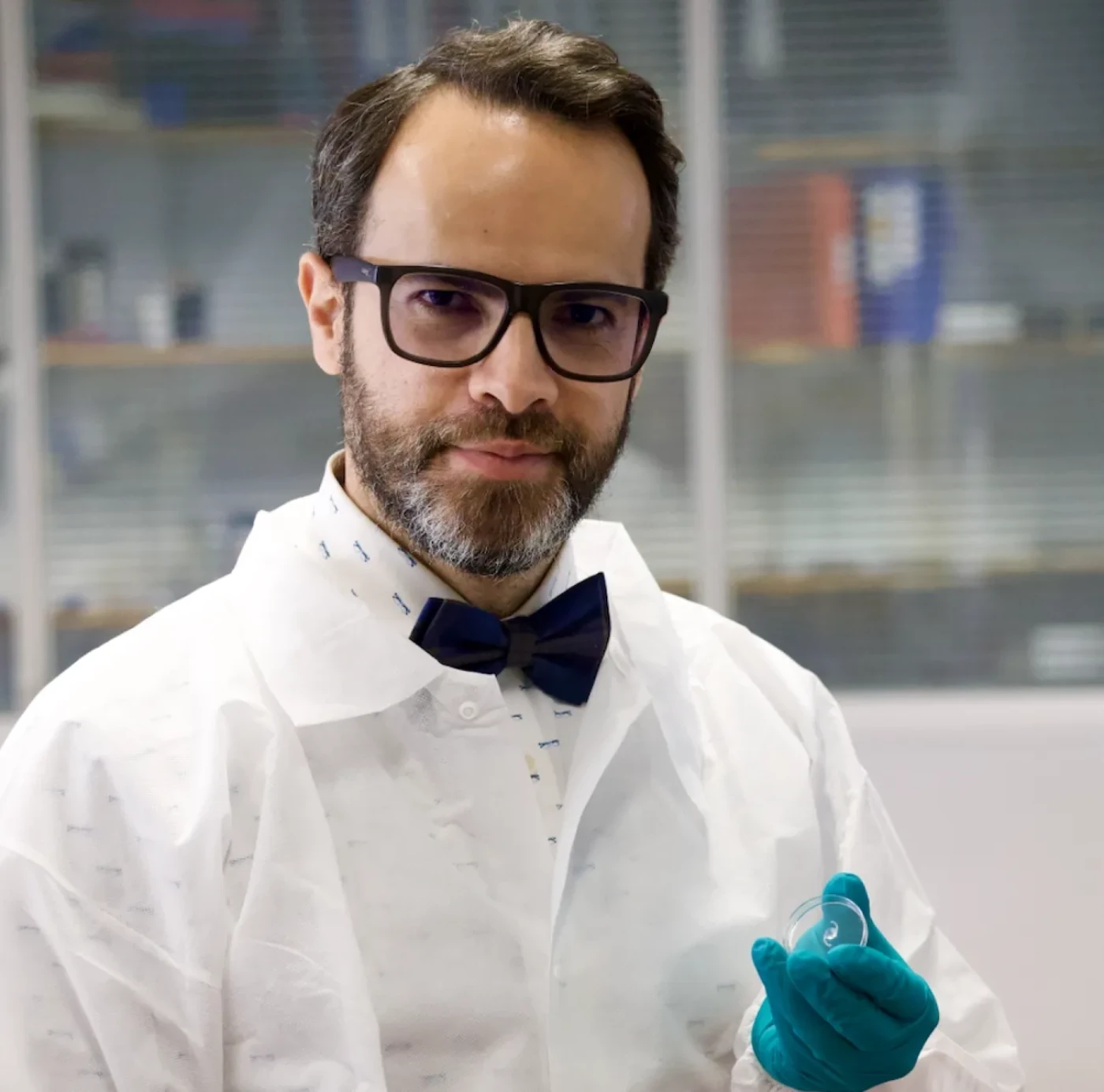
 Facebook
Facebook
 LinkedIn
LinkedIn
 Telegram
Telegram
 X
X

